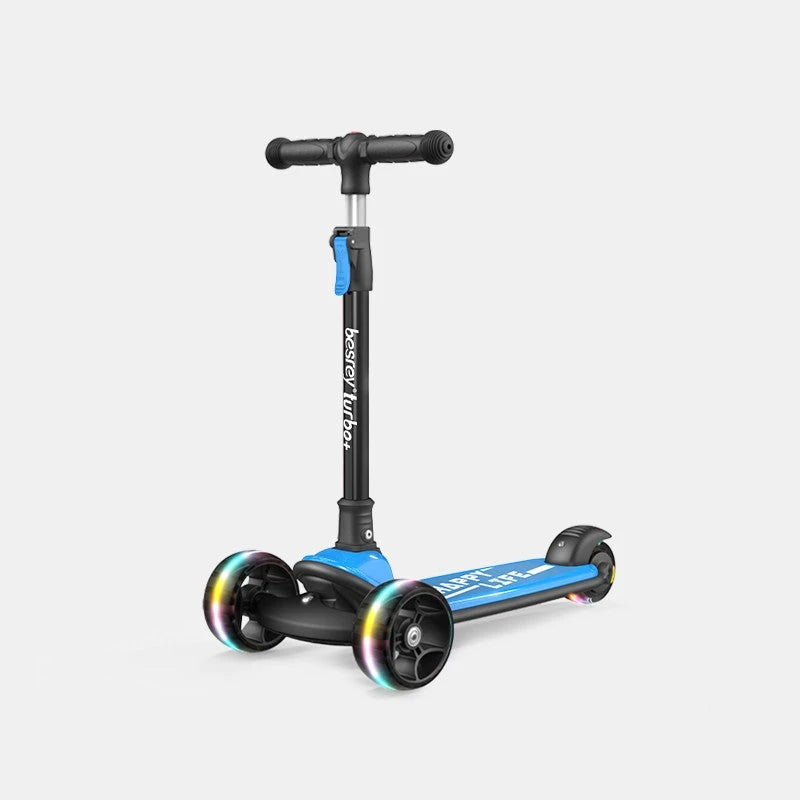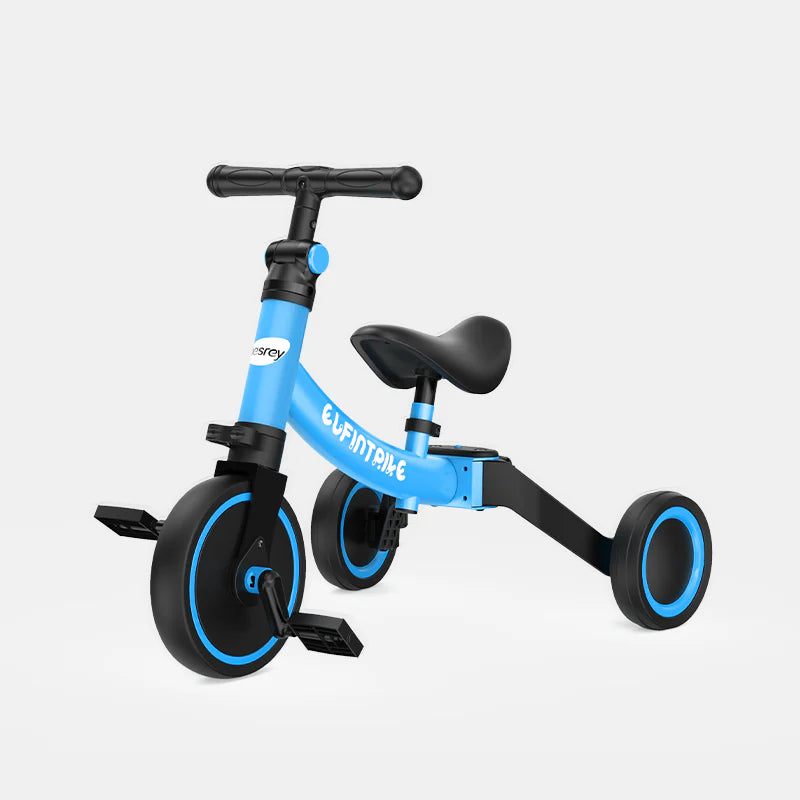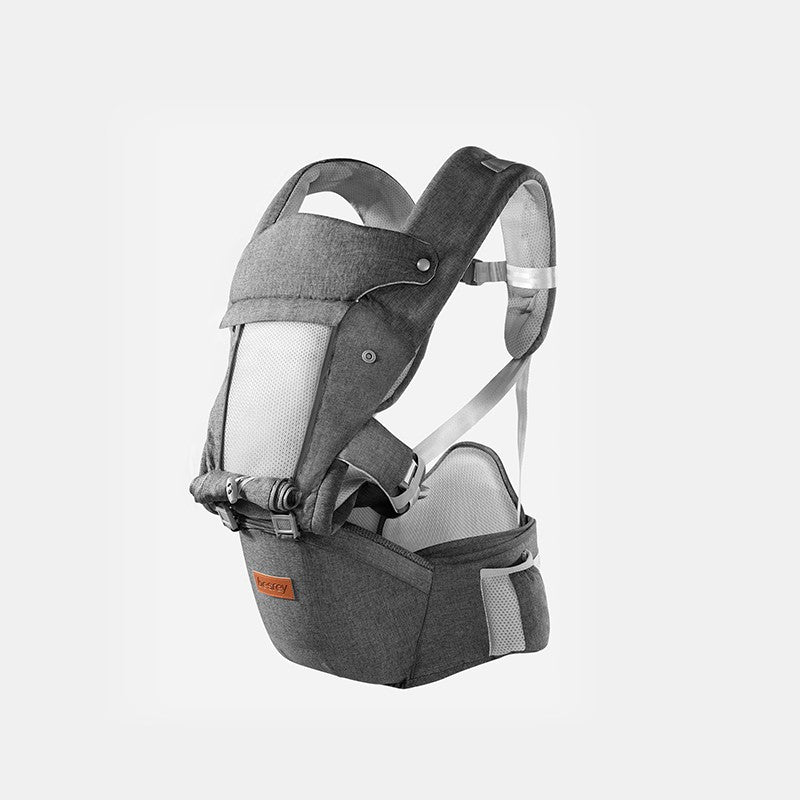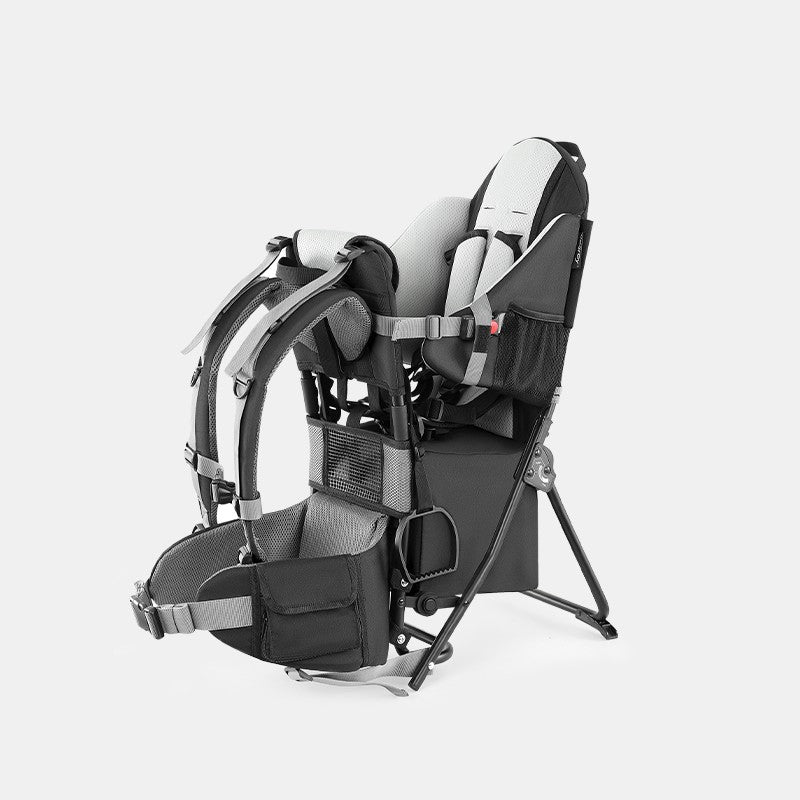Besrey- Sep 27 2025
Balancing Work and Parenthood With Time-Saving Routines

Working parents get hit from all sides. Your boss needs that report while your kid needs help with fractions. The washing machine breaks the same week daycare closes early three times.
Most days feel like running uphill with a backpack full of rocks. Everyone wants something, and there's never enough time to give it to them properly.
But some parents seem calmer about the whole mess. They're not superhuman or secretly wealthy. They've just stopped trying to wing it every single day.
Most parents search endlessly for family time management solutions that don't require a personal assistant or an extra four hours in each day. The honest truth? Families who make work life balance parents dream about aren't doing anything crazy. They've just figured out which routines save the most time and mental energy.
Time management for parents comes down to automating decisions that drain energy unnecessarily. When the basics run themselves, there's space left for the moments that count.
Mornings Without Meltdowns
Weekend prep makes weekday mornings survivable. Lay out five days worth of clothes on Sunday afternoon. Pack lunches while washing dinner dishes instead of scrambling at 7 AM. Coffee gets prepped the night before because nobody should think before caffeine.
School bags live by the door, loaded with everything needed for the next day. Homework folders, permission slips, that random item for show and tell - everything waits in one designated spot.
Breakfast stays predictable too. Rotate between three easy options rather than reinventing meals every morning. Kids adapt quickly when they know what to expect, and parents stop making decisions about basic nutrition while half-asleep.
Bathroom timing prevents fights. One kid brushes teeth while another gets dressed, then they switch spots. Simple scheduling eliminates bottlenecks and reduces morning stress for everyone.

Work Hours That Stay Work Hours
Productivity tips for working moms and dads usually focus on cramming more into each day. Sometimes the better approach involves protecting existing time instead of finding new time that doesn't exist.
Email gets checked three times daily - morning, lunch, late afternoon. Phones stay silent between those windows, so focus doesn't get shattered every few minutes. Batching similar tasks together preserves mental energy for more important decisions.
Quitting time means quitting time. Work laptops close at 6 PM, whether the to-do list is finished or not. Children need parents who listen completely, not adults who nod while mentally drafting responses to work messages.
Physical transitions help separate work brain from parent brain. Some people change out of work clothes immediately. Others take a quick walk around the block. The ritual signals that family time has started.

Evening Routines
Dinner planning happens once weekly during quiet moments rather than daily at 5 PM when everyone's hungry and cranky. Crockpot meals, sheet pan cooking, anything that requires minimal supervision works well for busy families.
Children who participate in cooking complain less about what gets served. Hand them age-appropriate tasks like washing produce or setting napkins out. Everyone eats better when they contribute to meal preparation.
Bedtime routines need enough buffer time that nobody feels rushed. Bath, books, quiet conversation in the same order each night. Consistency helps children settle faster and gives parents predictable evening downtime.
Reality Check
Perfect work life balance stays elusive for most parents, and that's completely normal. Some days, work emergencies take priority. Other day,s sick kids need immediate attention. Building enough structure so normal days don't feel like emergencies while leaving room for when life goes sideways - that's what makes the difference.
Family time management isn't about protecting every precious moment. Some things won't get done right, and that's fine. Wrinkled clothes work. Pizza counts as dinner when work runs late.
Kids remember car conversations and hallway hugs anyway. Cereal on the kitchen floor becomes a story they tell for years. The messy bits end up being the good bits most of the time.
Working parents who stop fighting the chaos and start working with it find their groove faster. Perfect balance doesn't exist, but functional balance absolutely does.









